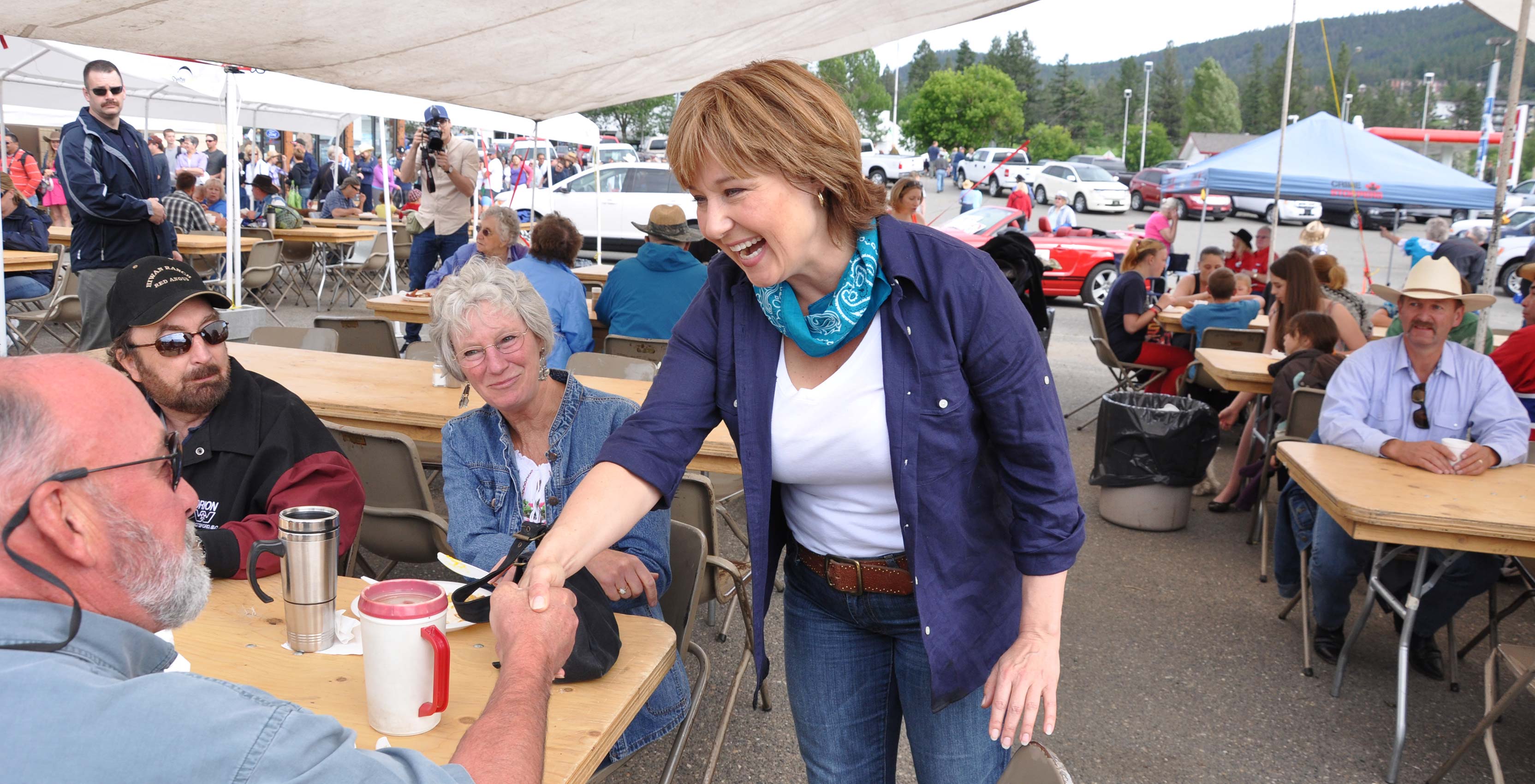Viral News | Explore around Viral and popular News this year
Christy Clark: Former Premier Of British Columbia And Key Political Figure
FAQ
Former Premier of British Columbia and prominent political figure Christy Clark provides expert insights on various issues affecting the province and beyond.

CHRISTY CLARK Feet - AZNudeFeet - Source www.aznudefeet.com
Question 1: What are your thoughts on the state of healthcare in British Columbia?
The province must prioritize investments in healthcare to ensure timely access to essential services. This includes addressing challenges in primary care, strengthening mental health support, and improving long-term care.
Question 2: How can British Columbia transition to a low-carbon economy?
We need a comprehensive plan that balances economic growth with environmental sustainability. This involves promoting clean energy, investing in green technologies, and working collaboratively with industries to reduce emissions.
Question 3: What are the key priorities for education in the province?
Improving educational outcomes for all students is crucial. We must enhance early childhood education, provide equitable access to quality K-12 education, and support post-secondary institutions to prepare students for the future economy.
Question 4: How can we address the housing affordability crisis?
A multi-faceted approach is necessary to increase the supply of affordable housing, protect tenants' rights, and support homebuyers facing financial barriers.
Question 5: What role can British Columbia play in fostering economic growth?
The province should focus on attracting and supporting businesses, promoting innovation, and diversifying the economy. These efforts will create jobs, stimulate investment, and improve the overall prosperity.
Question 6: What are your hopes for the future of British Columbia?
I envision a British Columbia where every resident has the opportunity to succeed, where our economy is thriving and sustainable, and where the province continues to be a vibrant and inclusive hub in Canada.
By addressing these concerns through informed policymaking and collaborative efforts, we can shape a positive future for British Columbia.
...Next article section
Tips by Christy Clark: Former Premier Of British Columbia And Key Political Figure
Tip 1: Set clear goals and objectives.
Define what you want to achieve and how you plan on achieving it. This will help you stay focused and motivated throughout the process.
Tip 2: Break down large projects into smaller, more manageable tasks.
This will make the project seem less daunting and help you stay on track. It will also give you a sense of accomplishment as you complete each task.
Tip 3: Delegate tasks to others.
If you are working on a team project, don't try to do everything yourself. Delegate tasks to others who have the skills and experience to get the job done.
Tip 4: Set realistic deadlines.
Don't set yourself up for failure by setting unrealistic deadlines. Give yourself enough time to complete each task without feeling rushed.
Tip 5: Take breaks.
It is important to take breaks throughout the day to rest and recharge. This will help you stay focused and productive.
Christy Clark: Former Premier Of British Columbia And Key Political Figure
Christy Clark, a formidable political figure, served as the 35th Premier of British Columbia, shaping the province's political landscape and leaving a lasting impact. Her tenure was marked by significant achievements, controversies, and a complex legacy.
- Leadership: Clark's strong leadership and ability to connect with voters were key to her electoral success.
- Policy: Her focus on economic growth, job creation, and resource development had both supporters and detractors.
- Controversies: Clark's involvement in several controversies, including the sale of BC Rail and the Mount Polley mine disaster, drew criticism.
- Political savvy: Clark's political acumen and ability to navigate complex political environments were evident throughout her career.
- Legacy: Clark's legacy is a mixed one, with both accomplishments and challenges, reflecting the complexities of her time in office.
- Influence: As a prominent female politician, Clark's role in breaking barriers and inspiring future leaders is noteworthy.

Shaw appoints former BC premier Christy Clark to its board - Source mobilesyrup.com
Clark's leadership left a profound impact on British Columbia. Her policies and decisions shaped the province's economic, social, and political landscape. Her controversies and challenges highlight the complexities and pressures of political office. Clark's legacy continues to be debated, with her accomplishments and setbacks providing lessons for future leaders. Her influence as a female politician who overcame barriers and inspired others is a testament to her determination and the power of representation.
Christy Clark with Signature Realty | Boulder CO - Source www.facebook.com
Christy Clark: Former Premier Of British Columbia And Key Political Figure
Christy Clark, a prominent figure in Canadian politics, served as the 35th Premier of British Columbia from 2011 to 2017. Her tenure was marked by significant policy initiatives and controversies, shaping the political landscape of the province.

David Eby slams Premier Christy Clark over political donation scandal - Source www.nationalobserver.com
Clark's economic policies focused on promoting job creation and investment. She introduced tax cuts, streamlined regulations, and negotiated trade agreements to foster business growth. However, her government faced criticism over rising housing costs, particularly in the Vancouver metropolitan area, which became a major issue during her time in office.
Environmentally, Clark's government initiated the implementation of a carbon tax, aiming to reduce greenhouse gas emissions. She also oversaw the development of the province's Liquefied Natural Gas (LNG) industry, which sparked discussions about its potential economic benefits and environmental concerns.
Education was another key area of focus for Clark's government. She implemented reforms to the curriculum and assessment system, with the intention of improving student outcomes. However, these changes were met with resistance from some educators and parents, who raised concerns about their effectiveness.
During her tenure, Clark's government faced scrutiny over allegations of corruption and influence pedaling. An independent inquiry was launched to investigate these claims, with findings that raised further questions about the integrity of her administration.
Despite these controversies, Clark remained a influential figure in British Columbia politics. Her leadership and policy initiatives left a lasting impact on the province, and her legacy continues to be debated and analyzed by political commentators.
Conclusion
Christy Clark's premiership was a complex and consequential period in British Columbia's political history. Her policies influenced the economy, environment, education, and governance of the province, with both positive and negative outcomes.
While Clark's legacy remains contested, her role as a key political figure is undeniable. Her leadership and the decisions made during her tenure continue to shape the ongoing political discourse and policy debates in British Columbia.
